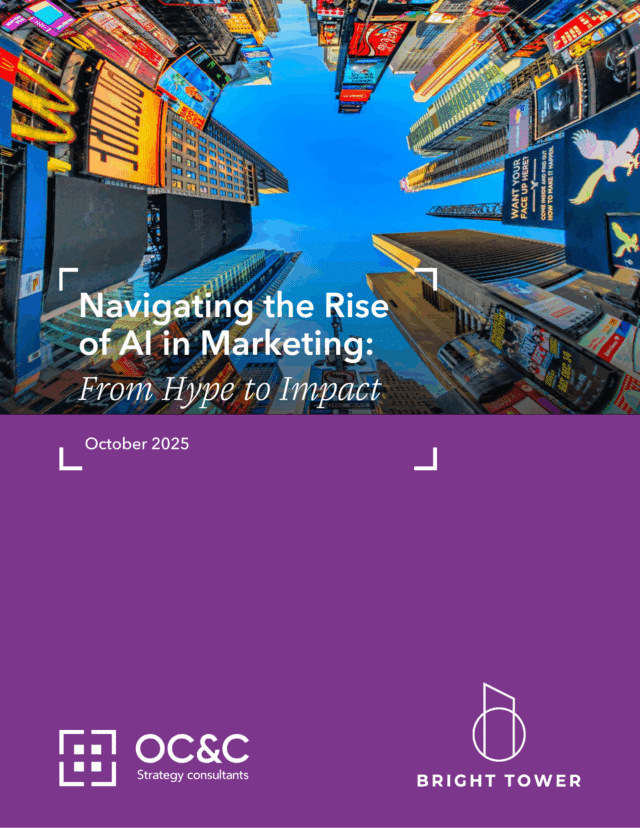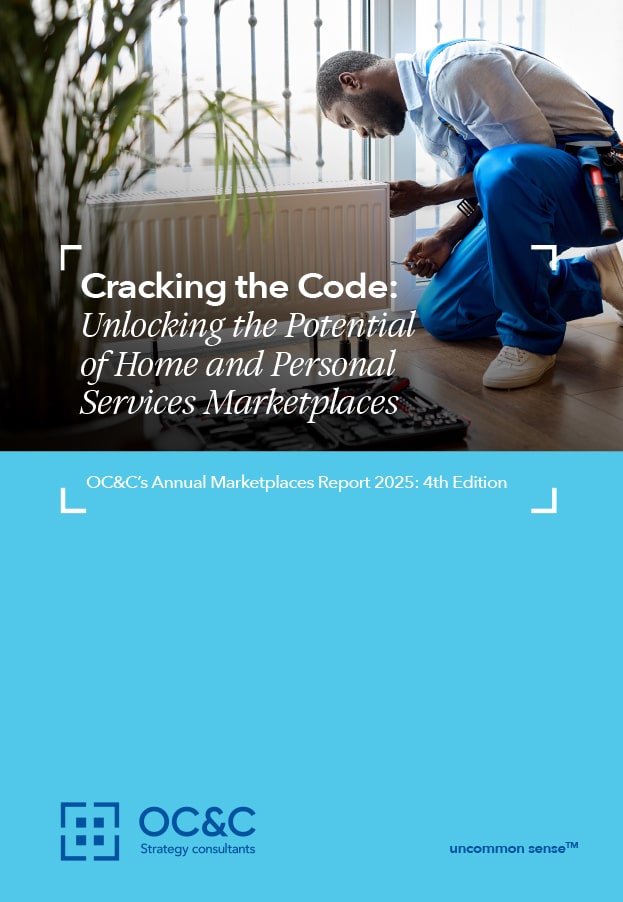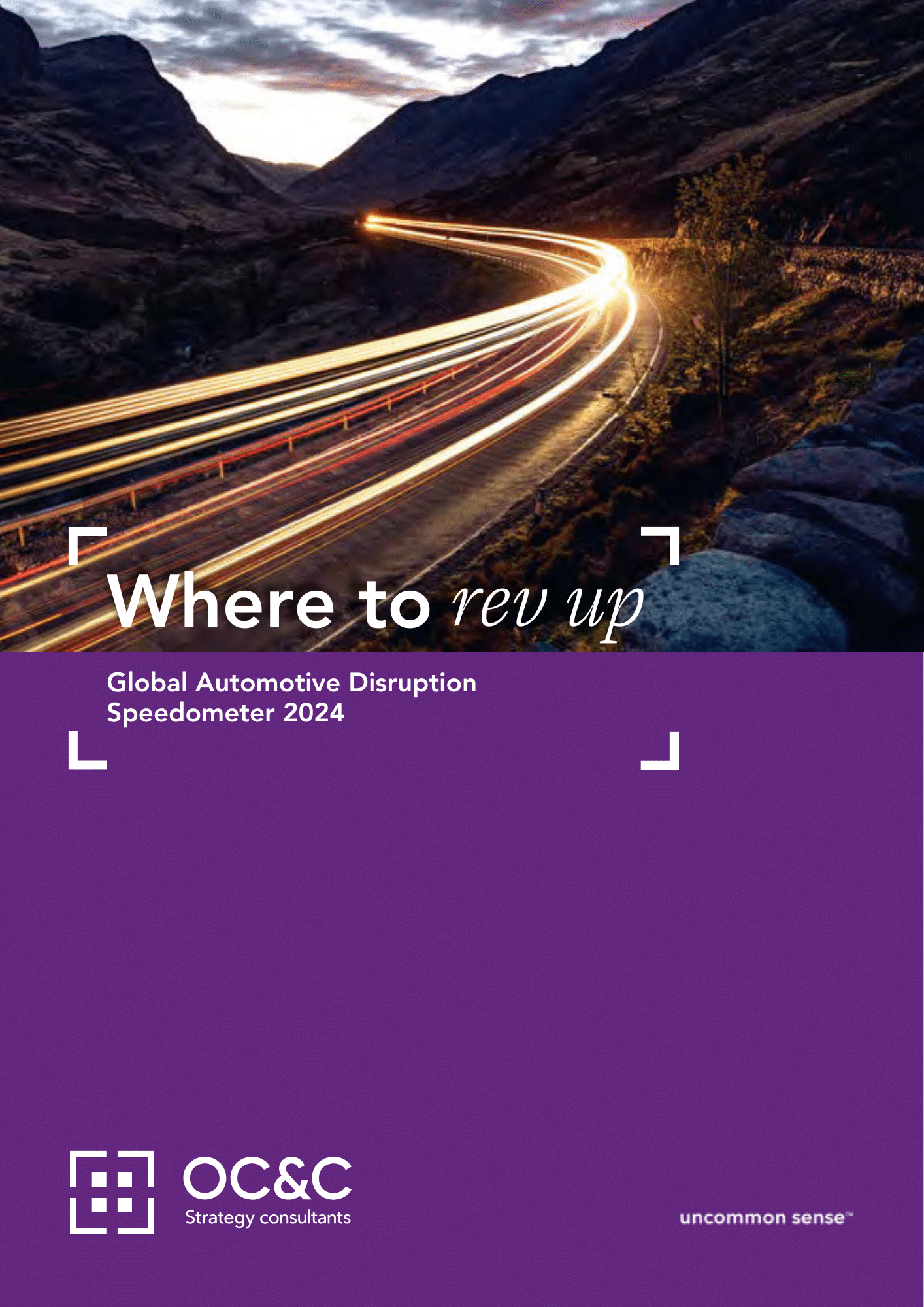Navigating the Rise of AI in Marketing: From Hype to Impact
The Next Wave of Change in Marketing is Already Underway
Marketing has always evolved through waves of technological change, from the dominance of mass media to the performance era of digital. Artificial intelligence now powers the next and potentially most transformative wave. Where previous shifts expanded marketers’ toolkits, AI has the potential to redefine the very operating model of the discipline: who controls discovery, how decisions are made, and what creativity means in an age of automation.
From Digital Performance to AI-Enabled Precision
Modern marketing can be understood through three eras. The pre-digital age was characterised by scale and limited measurement; digital transformation brought precision targeting, performance metrics, and real-time optimisation. The early AI era, now taking shape, adds intelligent systems that generate content, automate decisions and can personalise at scale. Global advertising spend continues to grow, but where value accrues is shifting: from execution-heavy activities to those commanding data, strategy, and creativity.
Adoption is Widespread – but Impact is Uneven
42% of organisations have deployed generative AI within marketing and sales – more than seen in any business function. But most deployments have yet to reach impact at scale; most AI use cases today act as accelerants, not substitutes, enhancing human creativity and decision-making rather than replacing it.
Chief Marketing Officers remain cautiously optimistic. AI delivers speed and efficiency, accelerating content creation, improving forecasting accuracy, and enabling mass personalisation – however, creative judgement, brand storytelling, and strategic oversight continue to rely on people.
Impact Across the Value Chain
AI is already reshaping every layer of the marketing value chain:
– Creative production is being transformed by generative tools such as Adobe Firefly, with over 20 billion assets created in under two years. Unilever’s Beauty AI Studio, for example, now produces 400 creative assets per product – up from 20 per campaign – delivering faster, cheaper, and more effective content.
– Media buying is evolving as platforms like Google and Meta integrate AI into campaign planning and optimisation. Their “closed-loop” systems operate almost autonomously once goals are defined, though often within their own ecosystems.
– Data and analytics are shifting towards prediction vs. description. Machine learning enables faster synthesis of complex datasets, but buyers still prize human interpretation for its creativity, empathy, and narrative coherence; qualities that remain essential in building trust and meaning from insight.
From Augmentation to Autonomy
AI’s trajectory is moving from augmentation, improving human workflows, towards autonomy, where agents can execute campaigns, allocate spend, and optimise performance with minimal oversight. Already, AI-generated summaries (“Overviews”) appear in around 15% of Google searches, reshaping discoverability and the mechanics of brand visibility. The implications are profound: in the next horizon, “autonomous marketing agents” could reshape how value and margins flow through the ecosystem.
The Structural Shifts Already Underway
Regardless of the trajectory AI in marketing ultimately takes, a handful of structural shifts are already emerging and expected to accelerate:
1. Agency pricing models are moving away from proxy measures to outcomes rooted in business impact
2. Cross-channel orchestration is emerging, with platforms dynamically allocating spend across channels in real time – even if true integration across walled gardens remains elusive
3. Creative and media are converging, as asset creation is increasingly embedded into campaign execution
4. The ability to spin-up high-quality AI-generated creative assets is likely to further shift SME marketing budgets into digital media, expanding the market
5. Brand spend is beginning to rebalance as large language models and AI agents redefine discoverability.
Implications for Agencies and Investors
For agencies, the message is clear: those that thrive will shift up the value chain. Success will depend on mastering large language models, developing proprietary AI tools, and redeploying talent towards advisory and creative excellence. Market research and data providers, too, will need to adapt — combining machine learning with human interpretation and ensuring compliance in an increasingly privacy-conscious world.
For investors, the reallocation of value is already visible. Services that engage senior decision-makers and shape brand, media, and data strategy are proving resilient, while execution-heavy models face compression. Opportunities are emerging around proprietary data, trusted content, and new tools that operationalise AI safely and effectively.
Written in partnership with BrightTower.
For more insight into the impact of AI in marketing, please contact our experts.
Key Contacts

Mike Lisowski
Partner

Ye Chen
Partner

Zee Ashraf
Partner

Olivia Lamming
Associate Partner

Katie Robinson
Associate Partner

Amir Akhavan
Managing Director, BrightTOWER

David Clark
Managing Director, BrightTOWER





